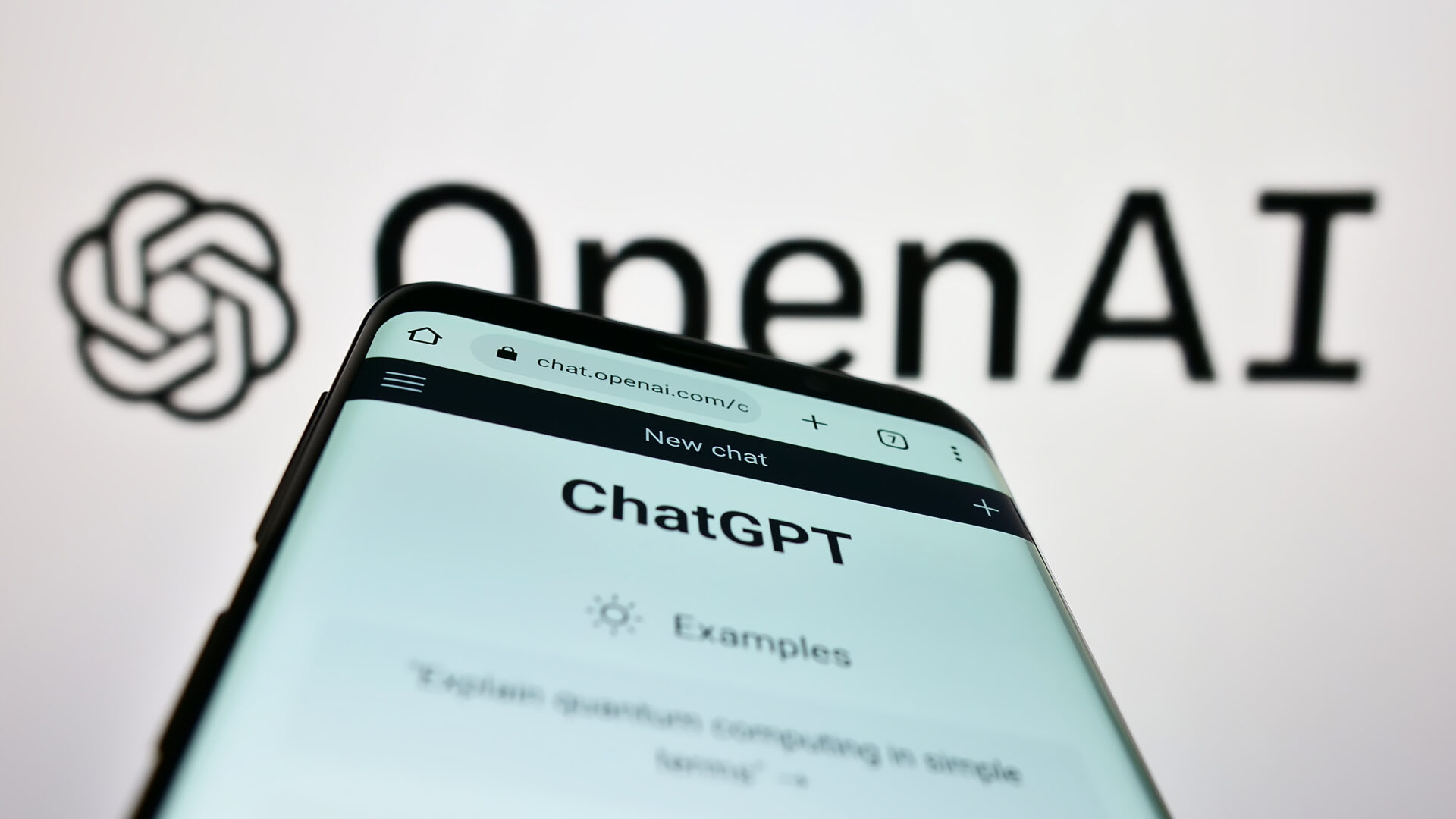7 June 2023 One Year On Graduate Employability Conference
To view conference proceedings including the event recording, agenda, slides, the Regional Inclusive Recruitment Guide and Case Study Impact Award results please Go to this Sway. Read the related press release and op-ed piece on why graduates matter to Yorkshire by Dr Peter O’Brien below: Find out how to get involved in our ‘Navigating the …



















